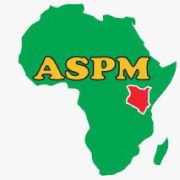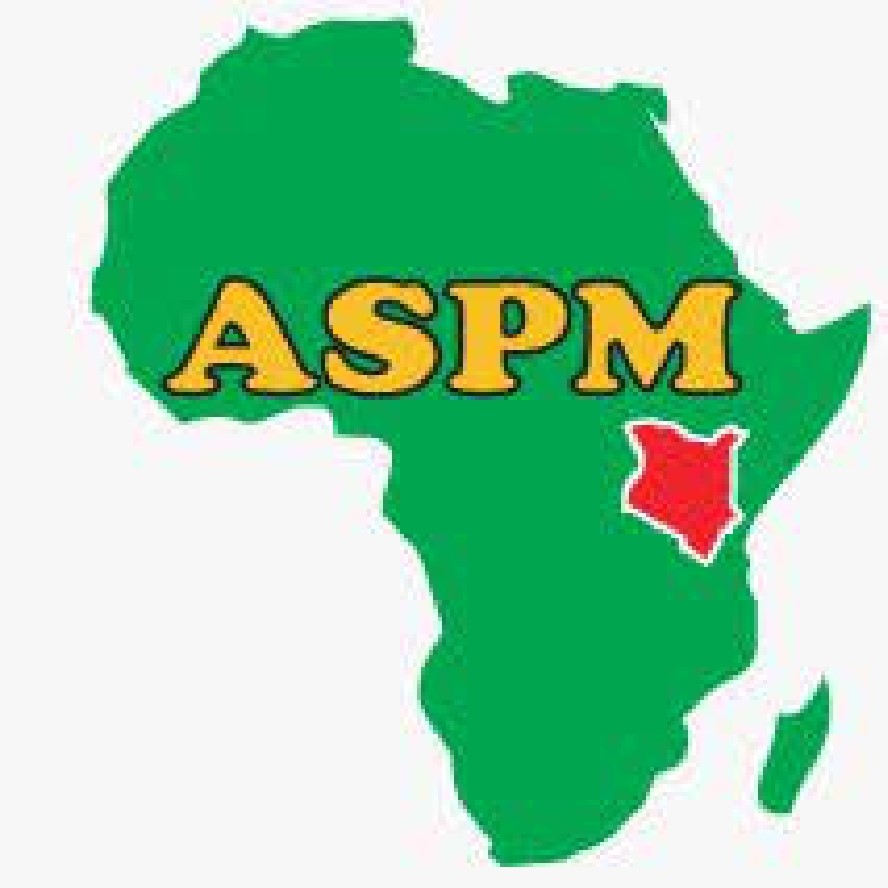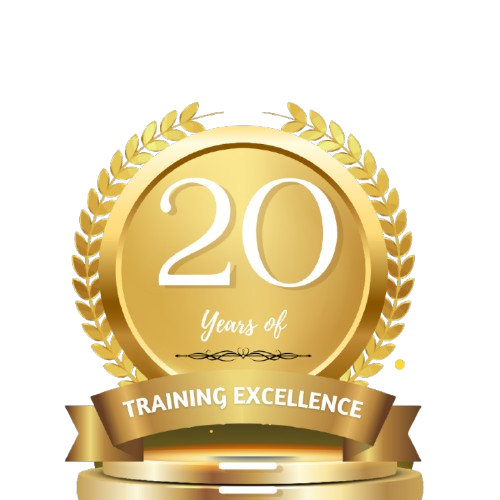- This event has passed.
Sustainable Water Treatment Operation, Maintenance & Innovations Short Course
Sustainable Water Treatment Operation, Maintenance & Innovations Training.
A number of local and international studies have shown that the selection implementation of the correct water treatment system is only a first step in ensuring sustainable supply of potable water. Of even greater importance for sustainability of supply is the following of the correct operational and maintenance procedures. with the current increase in population across Africa and adverse climatic conditions more innovations are required in the above thematic area. This hands-on course will endeavor to address the above challenges with practical and innovative approaches.
Expected Training Outcomes
By the end of this course delegate will have acquired skills on;
- The fundamental principles of water treatment and most importantly the regulatory and compliance
- Comprehend national and international water quality regulations
- Perform laboratory testing, including recording and presenting data, sampling and testing water.
- Designing water and wastewater treatment systems, considering factors such as water quality standards, environmental regulations, and sustainability.
- Be able to trouble shoot system failures and environmental hazards
- Learn best practices for the operation and maintenance of treatment facilities to ensure optimal performance, efficiency, and compliance with regulatory standards.
- Monitor and interpret water quality metrics and test result
- Develop and enforce safety and maintenance protocols
Training Modules
Fundamentals of Water Treatment
- Overview of water treatment
- The water cycle and human impact
- Importance of water quality
- Categories of contaminants: physical, chemical, biological
- Common sources of water pollution
- Overview of treatment goals and system design
Regulatory and Compliance Essentials
- Regulatory frameworks and standards
- Understanding WHO, EPA, and local water standards
- Permitting and discharge limits
- Documentation and compliance reporting
- Preparing for inspections and audits
Water Treatment Processes, Technologies & Innovations
- Coagulation and flocculation principles
- Sedimentation and clarification methods
- Filtration media and system designs
- Disinfection techniques: chlorination, UV, ozone
- Advanced treatment: membrane filtration, reverse osmosis
Physical Treatment Processes
- Screening and sedimentation
- Filtration techniques
- Disinfection methods
Chemical Treatment Processes
- Coagulation and flocculation
- Chemical dosing and optimization
- pH adjustment and chemical precipitation
Biological Treatment Processes
- Activated sludge process
- Biological nutrient removal
- Anaerobic digestion.
Monitoring and Water Quality Testing
- Key parameters: pH, turbidity, BOD, COD, TSS, E. coli
- Laboratory and field test methods
- Interpreting test results and detecting anomalies
- Online monitoring systems and data integration
- SCADA systems and remote diagnostics
Safety, Risk Management, and Emergency Response
- Hazards in water and wastewater operations
- Chemical handling and personal protective equipment (PPE)
- Developing emergency response protocols
- Spill containment and contamination control
- Managing flooding and extreme weather events
Water Operations Energy Efficiency & Sustainability
- Discourse on energy efficiency
- Renewable energy in treatment facilities
- Benchmarking and continuous improvement
Learning/ Field Visit on Design, Operation, and Case Studies
Visit to the best water treatment facilities in Kenya both Public and private Companies
- Design considerations and principles
- Operational best practices
- Case studies and real-world applications
Training Evaluation:
Participants will undertake a simple assessment before the training to gauge knowledge & Skills, another assessment will be done after the training in-order to demonstrate knowledge gained through the training.



